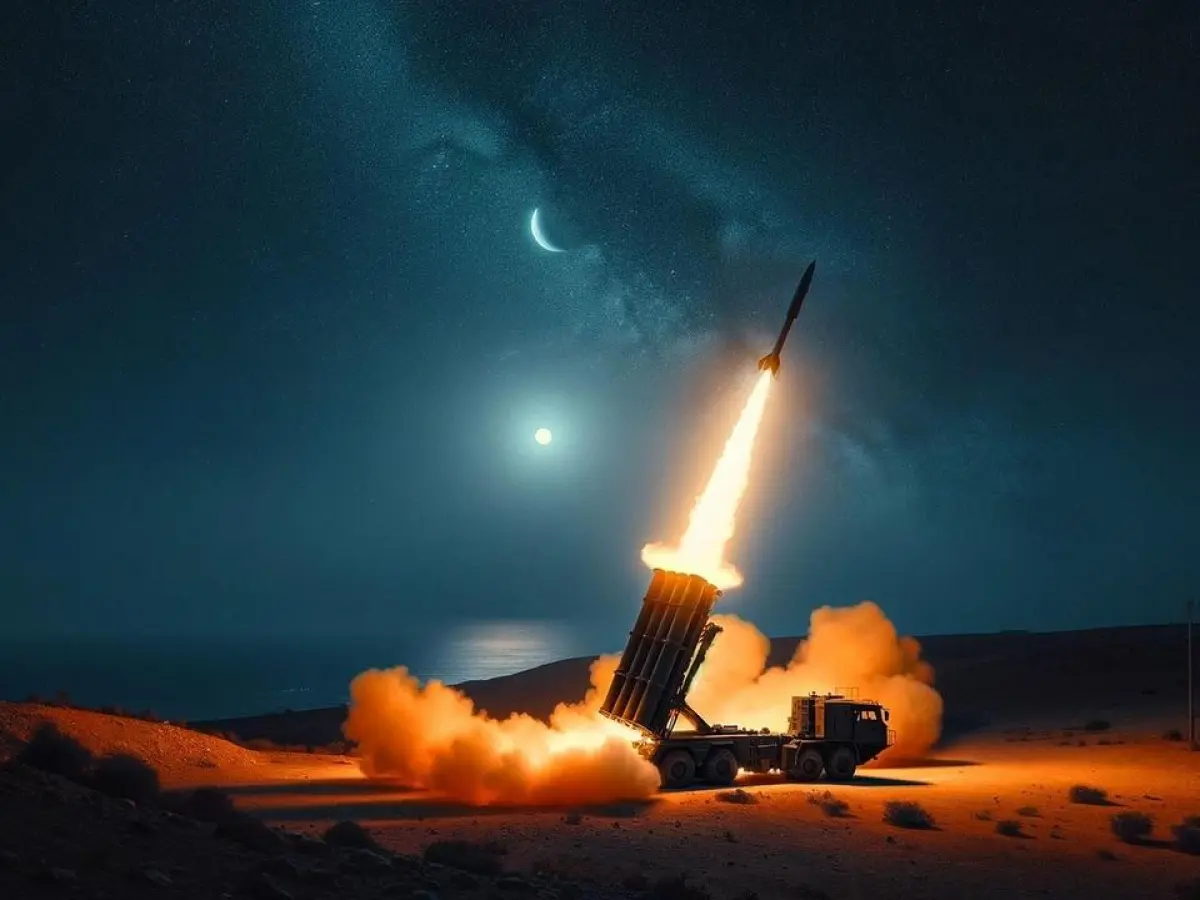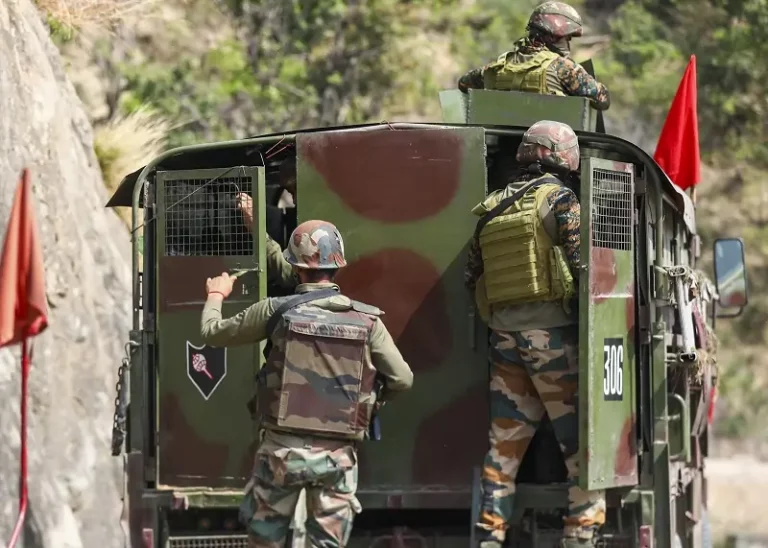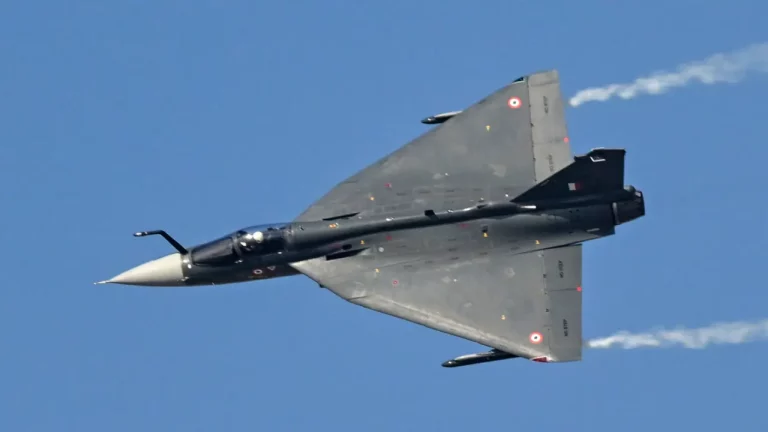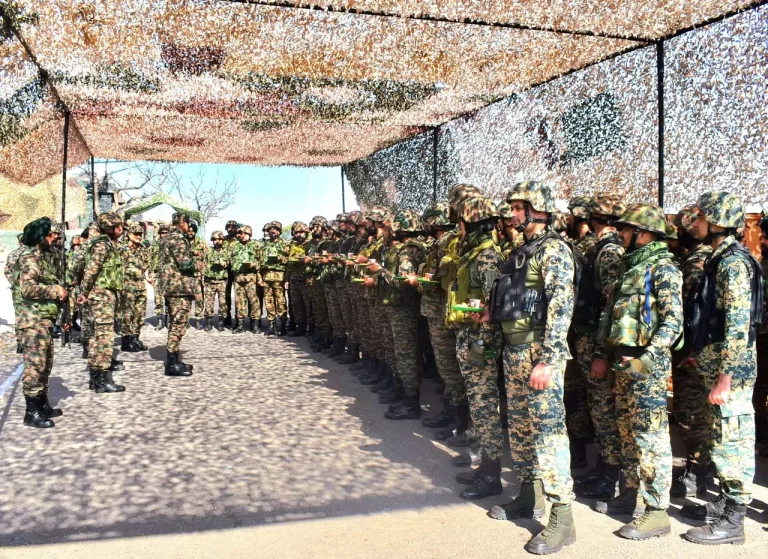In a significant development aimed at enhancing India’s defence preparedness, the Ministry of Defence has welcomed private sector involvement in the production of key military hardware, including missiles, artillery shells, and ammunition. This strategic shift is designed to ensure that the Indian Armed Forces maintain an ample supply of critical equipment during extended conflicts, aligning with the broader objective of promoting self-reliance in the defence sector, known as Atmanirbhar Bharat.
According to informed sources, this decision comes in the wake of insights gathered from Operation Sindoor, highlighting the critical role of stand-off and long-range missiles in modern warfare. The recent amendments to the Revenue Procurement Manual (RPM) eliminate the obligatory requirement for private companies to obtain a no-objection certificate (NOC) from the state-owned Munitions India Limited (MIL) before establishing ammunition production facilities.
With this new framework in place, private manufacturers are now authorized to produce a range of defence munitions, including 105 mm, 130 mm, and 150 mm artillery shells, as well as Pinaka missiles, 1,000-pound bombs, mortar bombs, hand grenades, and medium- to small-caliber ammunition. Furthermore, the Defence Ministry has signaled its intention to involve private entities in missile development and integration, recognizing that existing public sector companies, such as Bharat Dynamics Limited (BDL), are unable to fully satisfy the escalating demands of the Indian Armed Forces.
Defense experts emphasize that the recent deployment of long-range Chinese missiles by Pakistan during Operation Sindoor underscored the urgency for India to reinforce its conventional missile arsenal. This includes the development of advanced systems like BrahMos, Nirbhay, Pralay, and Shaurya, aiming to complement the capabilities of the Defence Research and Development Organisation (DRDO) in strategic missile programs.
The implications of this reform extend beyond merely addressing shortages in ammunition during prolonged conflicts; it significantly reduces India’s reliance on foreign suppliers amid heightened global demand triggered by ongoing geopolitical tensions, particularly in Ukraine and the Middle East. Defence analysts regard this policy shift as a crucial move towards bolstering India’s self-sufficiency, reinforcing its deterrence capabilities, and accelerating innovation within the domestic defence technology landscape.
Overall, this initiative represents a substantial transformation in India’s defence manufacturing policy, paving the way for greater private sector participation in national security efforts and ensuring that the armed forces remain well-prepared for potential future high-intensity conflicts.







